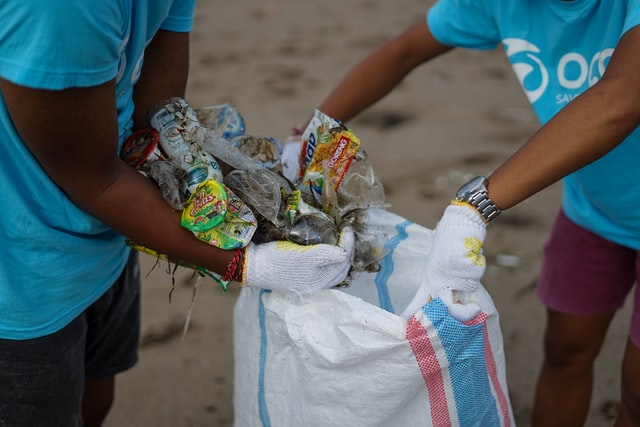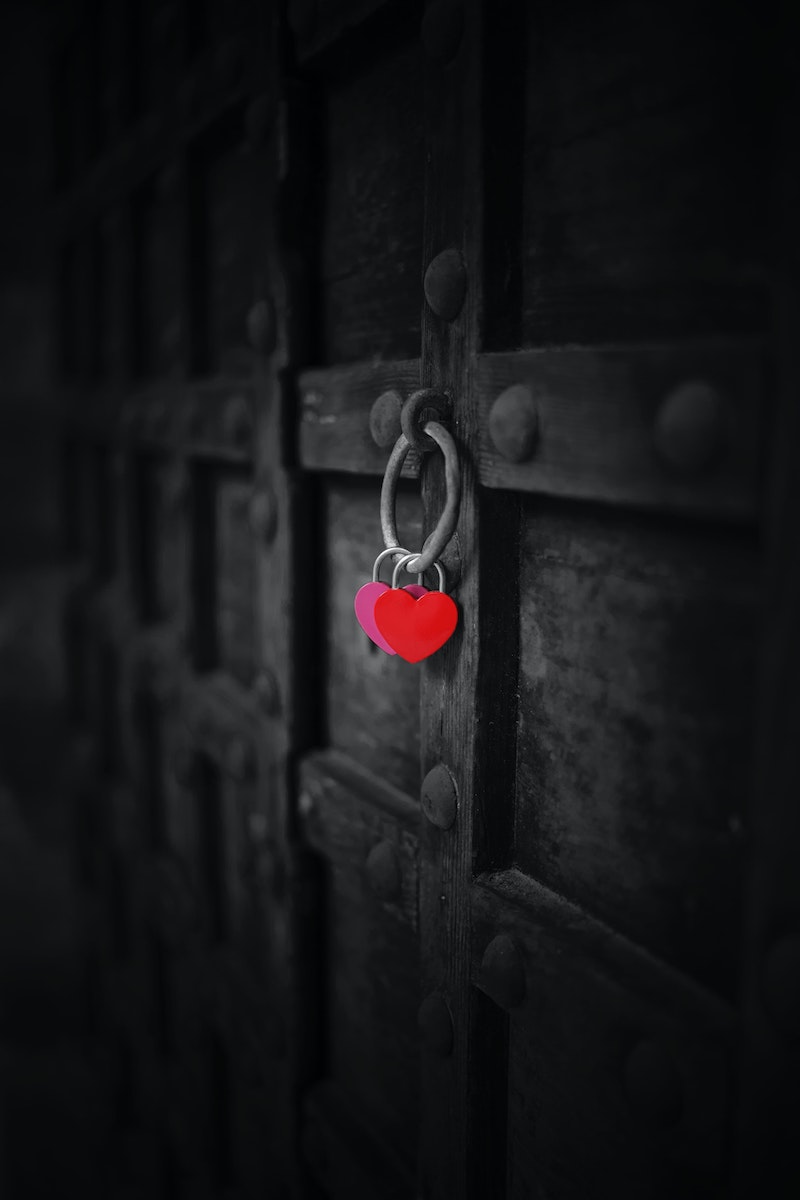Category: Culture
-
Parenting and drugs—this isn’t 1978
Just before the turn of the new millennium, my husband and I were sitting in our living room, our sleeping baby in my arms. Somehow we got on the subject of teenage hijinks and the state forest behind our house. My husband and I had both grown up in places with convenient nooks and crannies…
-
The Unintended Consequences of Law-making
Last summer, a group of California residents involved in various ways in homeschooling noticed with alarm that state legislators were planning to tinker with a little-noticed part of the education code called Independent Study (IS). Little-noticed before the pandemic, that is. Once we’d gone through the big pause and schools started to reopen, administrators noticed…
-
Jazz is still alive
We were all grinning under our masks as the band started to play. It was November, our first jam since the pandemic, and jazz was back. I am on the board of the Jazz Society of Santa Cruz County, an organization of 72 paying members and 700-some interested event attendees. We had weathered the pandemic with…
-

I’m trying to pay down my personal climate debt. It’s time.
I don’t know what tipped the balance for me, but a few years ago, I realized I’d had enough. I’ve had enough of saying there’s nothing meaningful I can do personally to address how humans are destroying the earth. I’ve had enough of listening to people whine about how it’s too expensive to invest in…
-

Remember: there’s one door you can’t lock
Being sad is part of the holiday season. Anyone in mental health care can tell you that. In my case, I’m sad this holiday season not for myself, but for others. Many in this country appear to believe that the door to their heart can be closed and locked. They’re wrong.